positive thinking: handle with care
For a number of years I've been trying to land on my own understanding of the "think positively" philosophy. It became a thing to question after I realized there were people who scoffed at the notion that positive thinking could do any good—instead, some insist that positive thinking can lead to negative outcomes because, they say, it denies the suffering of reality.
My experience has been that positive thinking is like a rope in a high-walled, empty well. It offers an opportunity to pull ourselves to the surface when encouragement or a break from suffering is needed. The surface being the place where we have perspective and exhale fully. The surface is also the place where we can better choose the next steps of a path forward rather than lost in a circle as the bottom of the well would require.
I don't practice delusional thinking (often mistaken for positive thinking). Instead, I use positive thinking to bring innovation and creativity into my mind. To see a wall and build a door. Choosing positive thoughts is the consideration of possibilities. I suspect that some critics have been turned off by the term "positive thinking" because it is misused and abused far too commonly. People say "think positively" when they struggle to be present with someone else as they suffer. "Cheer up," "look on the bright side" and "think positively" are forms of silencing, NOT empathy.
Positive thinking as a way to bypass difficult emotions may provide the illusion of effectiveness. People can live long “happy” lives never admitting or addressing difficult emotions. But there are high costs. Costs to trust and emotional and psychological safety in relationships, costs to one’s mental and physical health as issues persist and spread regardless of denial, and costs to cognition in the long term—as forgetting things becomes pathological later in life.
Positive thinking is a personal practice and is best not given as unsolicited advice. For instance, I have been in a funk for a couple weeks. I let myself be present with all the feelings that come up for me. I don't try to escape the experience no matter how uncomfortable and, I know it will be okay (if I am willing to embrace change). I also know that I can't overstay my welcome in this space because depression will come if I do, so I use positive thinking to lift me up to the surface so I can catch my breath and consider solutions. If someone were to say to me, "look on the bright side," I'd feel annoyed, brushed off, and likely split into coping mechanisms that may or may not serve the relationship—like ceasing to invest in the connection. When we give positive thinking advice to others, we're telling them that their pain and suffering makes us uncomfortable, so if they could kindly put on a ‘happy’ mask, we'd really appreciate it.
Positive thinking is a tool and like all tools, needs to be used appropriately for it to work. To the critics of positive thinking, I would like to say don't blame the tool. Not all people misuse positive thinking and those who do, while they can be terribly annoying and sometimes hurtful, are likely well-intentioned, uncomfortable with suffering kind of people. People want to feel happy. It is programmed into us as the ultimate goal and we haven't, as a society, recognized that happiness is a fleeting emotion and cannot be sustained. What can be sustained and nurtured is contentment. A content life is one that experiences all emotions without denial or pacification. A content life can be in the middle of Hell and know that it is temporary and that relief will come. A content life can navigate conflict and end up more deeply connected to the person with whom they had the conflict. Happy is lovely but fleeting, so I try to focus on my contentment and enjoy the ups and nurture myself through the downs.
In the toolbox of life, positive thinking is a critical tool.
